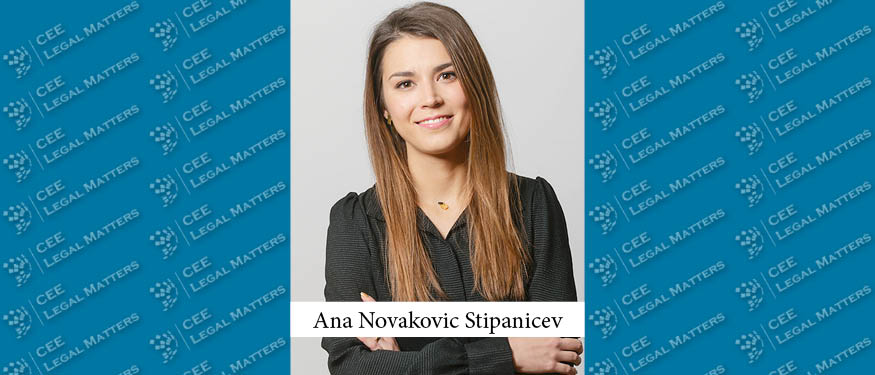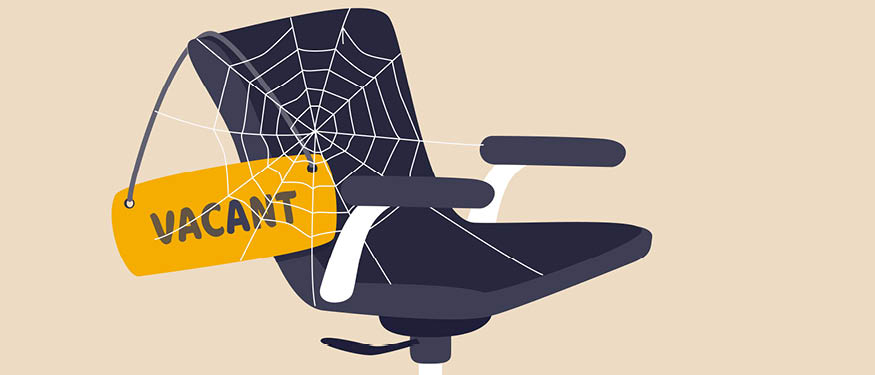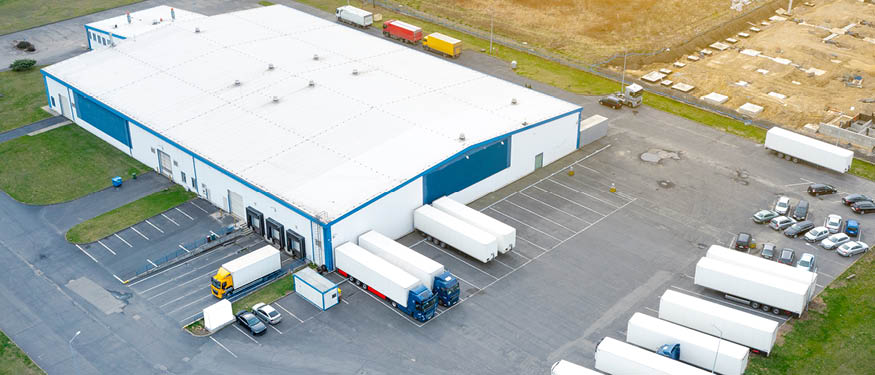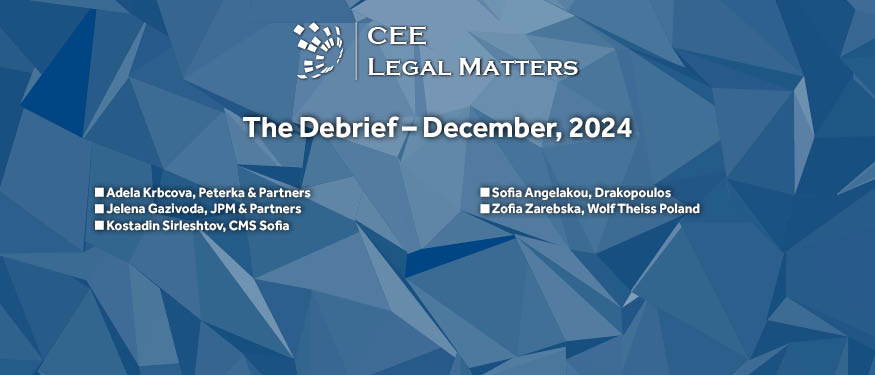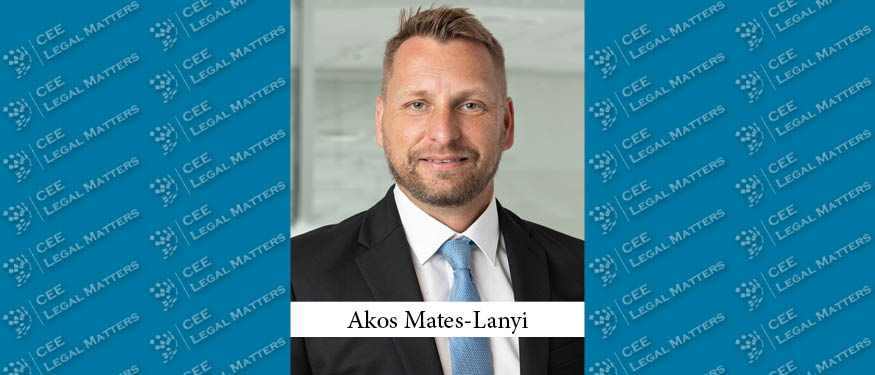More than two years ago a new system for examining trademark applications was introduced in Poland. The purpose of the so-called “opposition system” was to adapt Polish regulations to EU and international regulations and the jurisprudence of the EU Court of Justice.
Under this new system, a trademark for which registration is sought is announced in the online Bulletin of the Patent Office. Within three months of the publication date, holders of previously registered trademarks may oppose the registration. The opposition system presupposes the initiative of the owners of earlier rights to oppose new applications. Even though the new system significantly simplified the procedure for obtaining the right to protect a trademark, in practice it did not shorten the amount of time the Patent Office requires to examine oppositions.
On December 6, 2017, the Ministry of Development published a bill amending the Industrial Property Law. Under the amended provisions, a trademark qualifies as any mark, provided that such mark distinguishes the goods or services of one entity from those of others. Additionally the mark must be represented on the register of trademarks in a manner which enables the determination of the clear and precise subject matter of the protection afforded to that mark. The requirement that a mark must be capable of being presented graphically has been revoked.
Another important proposed change is to the process by which the protection of a trademark can be extended upon the written request of the right holder. Under the amended provisions, the right holder or a person authorized by law or contract will only need to pay a fee for the next protection period in order to extend the protection of the trademark. Such a deformalized procedure for extension of protection of trademarks should relieve the Patent Office of some bureaucratic red tape and provide trademark proprietors with a faster and more efficient process.
Additionally, the Patent Office will be obliged to inform exclusive right holders of approaching fee deadlines for the period of protection for their inventions, utility models, or trademarks. The Office will send notification to right holders no later than six months prior to the protection expiry date.
Under the amended provisions the rights of licensees are to be extended. A licensee will be able to file, with the consent of the right holder, an action related to an infringement of the holder’s right to the trademark, unless the license agreement provides otherwise. Under previous legislation, this right was only vested in exclusive licensees and only if the license was registered.
Another significant change is the removal of the procedure under which administrative cases resulting from an objection to a final decision to grant a patent, a protective right for a utility model, or a registration right filed under Article 246 Industrial Property Law are examined by boards with authority to settle disputes. Under the proposed legislation, such cases will be examined, in an administrative procedure, by an expert or a panel of experts appointed by the President of the Patent Office. This change should reduce both the time required to examine a case and the costs required to commence such proceedings. However, the bill also stipulates that cases initiated under the objection procedure are to be examined by a panel of experts rather than a single expert. As such cases are often complex, a panel of experts should be able to offer greater impartiality than that of a single expert.
There is also a clarification to previous changes concerning applications related to patents and trademarks, including a provision that vests in attorneys at law and legal counsels the right – previously extended only to patent attorneys – to represent clients in cases connected with the submission and examination of applications and the maintenance of protection for inventions, medicinal products, and plant protection products, utility models, industrial designs, geographical signs and integrated circuit topography. This proposed amendment has been extensively commented on and discussed in professional circles. This solution may improve access to legal assistance for undertakings in industrial property cases, may reduce the costs of such assistance, and may support the development of the legal services sector. We believe that this is a significant benefit for people who want to protect their industrial property.
The bill has already been through the public consultation process and hopes are that it will come into force later this year.
By Marcin Rudnik, Head of IT/IP, Monika Gaczkowska, Associate, Wolf Theiss
This Article was originally published in Issue 5.5 of the CEE Legal Matters Magazine. If you would like to receive a hard copy of the magazine, you can subscribe here.













